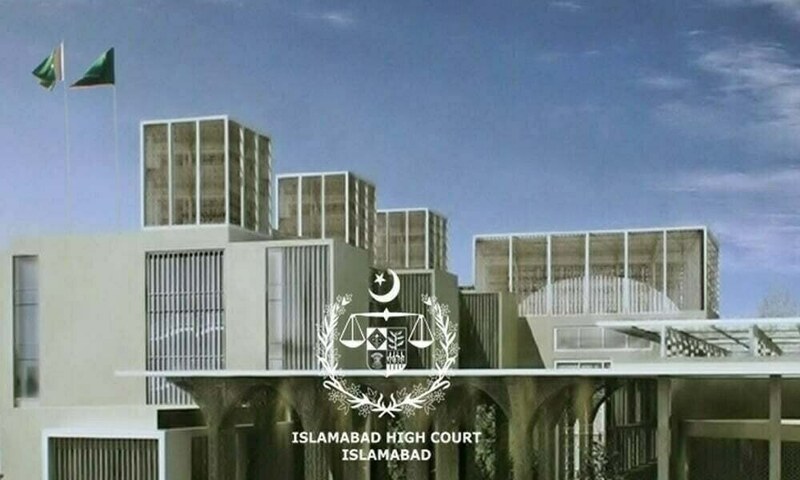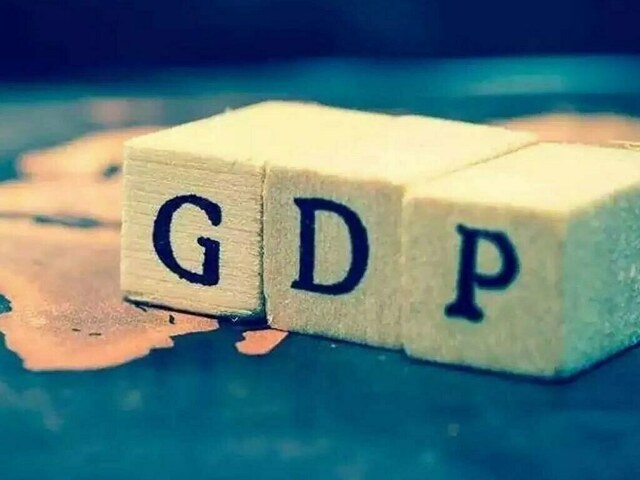By Terence J Sigamony
Copyright brecorder

ISLAMABAD: Five judges of the Islamabad High Court (IHC) approached the Supreme Court against their own Chief Justice, alleging that the IHC Chief Justice is using administrative powers in violation of settled principles of comity of judges and judicial independence.
The judges – Justice Mohsin Akhtar Kayani, Justice Tariq Mahmood Jahangiri, Justice Babar Sattar, Justice Sardar Ejaz Ishaq Khan, and Justice Saman Raffat Imtiaz – on Friday filed separate petitions, but the subject and substance in all the petitions are the same. They alleged, “Chief Justice Sardar Muhammad Sarfraz Dogar has opted to assume powers to transform the Chief Justice’s office into a monocracy.”
Today’s development once again highlighted deep fissures within the IHC, which gained prominence when Justice Dogar was appointed as the IHC CJ.
Six judges of the IHC – Justice Mohsin Akhtar Kayani, Justice Tariq Mahmood Jahangiri, Justice Babar Sattar, Justice Sardar Ejaz Ishaq Khan, Justice Arbab Muhammad Tahir and Justice Saman Raffat Imtiaz on May 10, 2023 wrote a letter to the former Chief Justice of Pakistan Umar Ata Bandial against the alleged “interference” and “intimidation” by the “operatives of intelligence agencies.” Approximately a year later, they approached the Supreme Judicial Council (SJC) regarding the same matter.
In February this year, these judges, minus Justice Arbab, challenged the transfer of judges from three provincial High Courts – Lahore, Sindh, and Balochistan, and their seniority position before the Supreme Court.
The petitioner judges wrote, “They find it loathsome to do institutional laundry in public, but are out of options. They have no other remedy but to transform themselves into litigants and publicly seek remedies from the Supreme Court.”“They have engaged in intra-institutional consultation informally; they have indulged in formal correspondence and letter-writing; and they have met successive Chief Justices and sought their indulgence. But to no avail,” added the petition.
They stated that Chief Justice Dogar, from the date of assuming charge as the Chief Justice, has consistently used administrative powers in violation of settled principles of comity of judges and judicial independence to render the Petitioner judges, who challenged his transfer and seniority, dysfunctional. The Chief Justice, in complete disregard of the settled law by the Supreme Court, has repeatedly used administrative powers (i) to restrict some of the Petitioner judges from exercising their judicial functions and powers and (ii) to interfere with the discharge of their judicial functions.
“Under Chief Justice Dogar’s watch, the office has refused to issue cause lists in breach of judicial orders and has transferred partly-heard matters from the docket of one court to another without such powers vesting in the Chief Justice. Chief Justice Dogar has used his administrative power to reconstitute benches and transfer cases being adjudicated from the bench seized of them to another.
“Chief Justice Dogar continues to use his power to issue the roster of sitting judges to render senior judges dysfunctional. Chief Justice Dogar has constituted divisional benches headed by junior judges and has relieved senior judges of such responsibility, including the Senior Puisne judge, who is no longer part of any divisional bench,” mentioned the petition.
The petitioner judges prayed to the Supreme Court to declare that administrative powers could not be “deployed to undermine or trump the judicial powers of the high court judges.”
They further asked the apex court to declare that a chief justice of the high court is “not authorised to constitute benches or transfer cases” once a high court bench is assigned a case.
Moreover, the petitions sought the declaration that the chief justice of a high court “cannot exclude available judges from the roster, at will, and use the power to issue a roster to oust judges from performing judicial functions”.
The Supreme Court was also urged to declare “that the constitution of benches, transfer of cases and issuance of roster can only be done in accordance with the rules adopted by the entirety of the High Court under Article 202 (rules of procedure), read with Article 192(1) (constitution of high court) of the Constitution”.
The petitioners also asked the apex court to declare that the “decision-making” with respect to the constitution of benches, issuance of roster, and transfer of cases could not “solely rest in the hands of the Chief Justice”.
The petitions further sought the declaration that formation of IHC’s administration committees through notifications dated February 3 and July 15, and all the actions taken by them, “suffer from mala fide in law and are illegal”. They asked the court to set aside these notifications and all actions taken by the administration committees constituted under them for “being illegal and coram non judice”.
Moreover, they stated: “Declare that the adoption and approval of Islamabad High Court Practice and Procedure Rules, 2025, by the illegally constituted administration committee, and its notification without prior approval of the high court is in breach of Article 192(1) and Article 202 of the Constitution, and its subsequent endorsement in September, are illegal and of no legal effect.”
The judges further stated in their prayers that the SC “direct the IHC to provide effective supervision and oversight” over the functioning of the district judiciary, as mandated by the Constitution under Article 203, which states that each high court shall supervise and control all courts subordinate to it.
The petitioner asked the SC to “declare that a high court cannot issue a writ under Article 199 of the Constitution to itself.” Article 199 pertains to the jurisdiction of a high court. They continued: “A Division Bench of High Court is neither vested with jurisdiction to sit in appeal over interlocutory orders of a single bench nor can it assume control over the proceedings of a single bench as if it is an inferior court or tribunal.”
An interlocutory order refers to a temporary judgment passed in an ongoing case.
The petitioners requested the Supreme Court to declare that a high court judge can only be “restrained from working or performing judicial duties under Article 209, and a writ of quo warranto seeking the removal of a judge from office is not maintainable.”
Copyright Business Recorder, 2025



